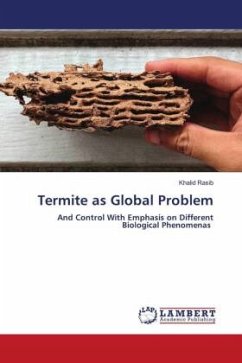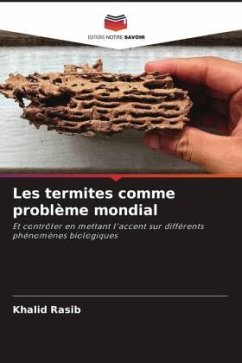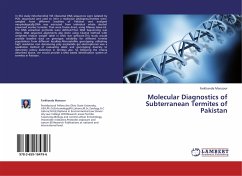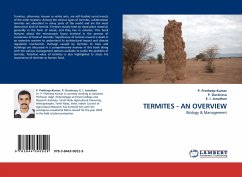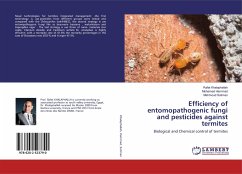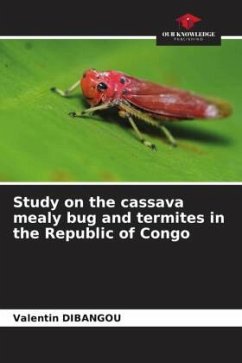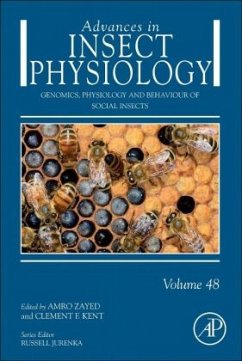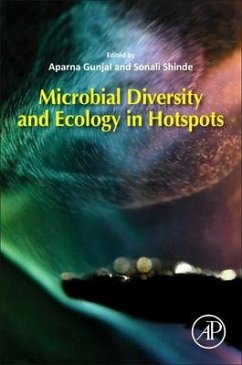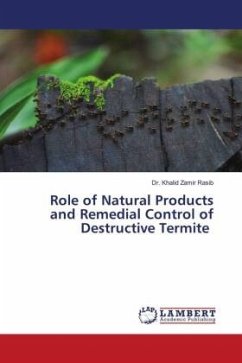
Role of Natural Products and Remedial Control of Destructive Termite
Versandkostenfrei!
Versandfertig in 6-10 Tagen
40,99 €
inkl. MwSt.

PAYBACK Punkte
20 °P sammeln!
Management of termites is a serious challenge for all the countries as they are cause a huge loss to economy. For the management of termites different synthetic insecticides have been used. Main aim of this work is to describe synthetic insecticides that are used for controlling termites. From literature studies it is found that in old days' organochlorine pesticides were used but they are banned in most countries due to health hazards. Pyrethroids and organophosphates control termites effectively and they cost effective but they are still toxic. By the advent of new molecules, termite managem...
Management of termites is a serious challenge for all the countries as they are cause a huge loss to economy. For the management of termites different synthetic insecticides have been used. Main aim of this work is to describe synthetic insecticides that are used for controlling termites. From literature studies it is found that in old days' organochlorine pesticides were used but they are banned in most countries due to health hazards. Pyrethroids and organophosphates control termites effectively and they cost effective but they are still toxic. By the advent of new molecules, termite management practices changed due to anthranilic, oxadiazine, pyrrole, phenylpyrazole, neonicotinoid. Termicidal ability of these compounds depends on the quality of soil and management practices. But optimal management of termites is still a big challenge because chemical insecticides have toxic effects, economics of procedure, type of building and structure, expertise available, cropping system, soil type and management practices. This work presents termites, their life cycle, economic losses and which type of chemical termicides are used for their control.



